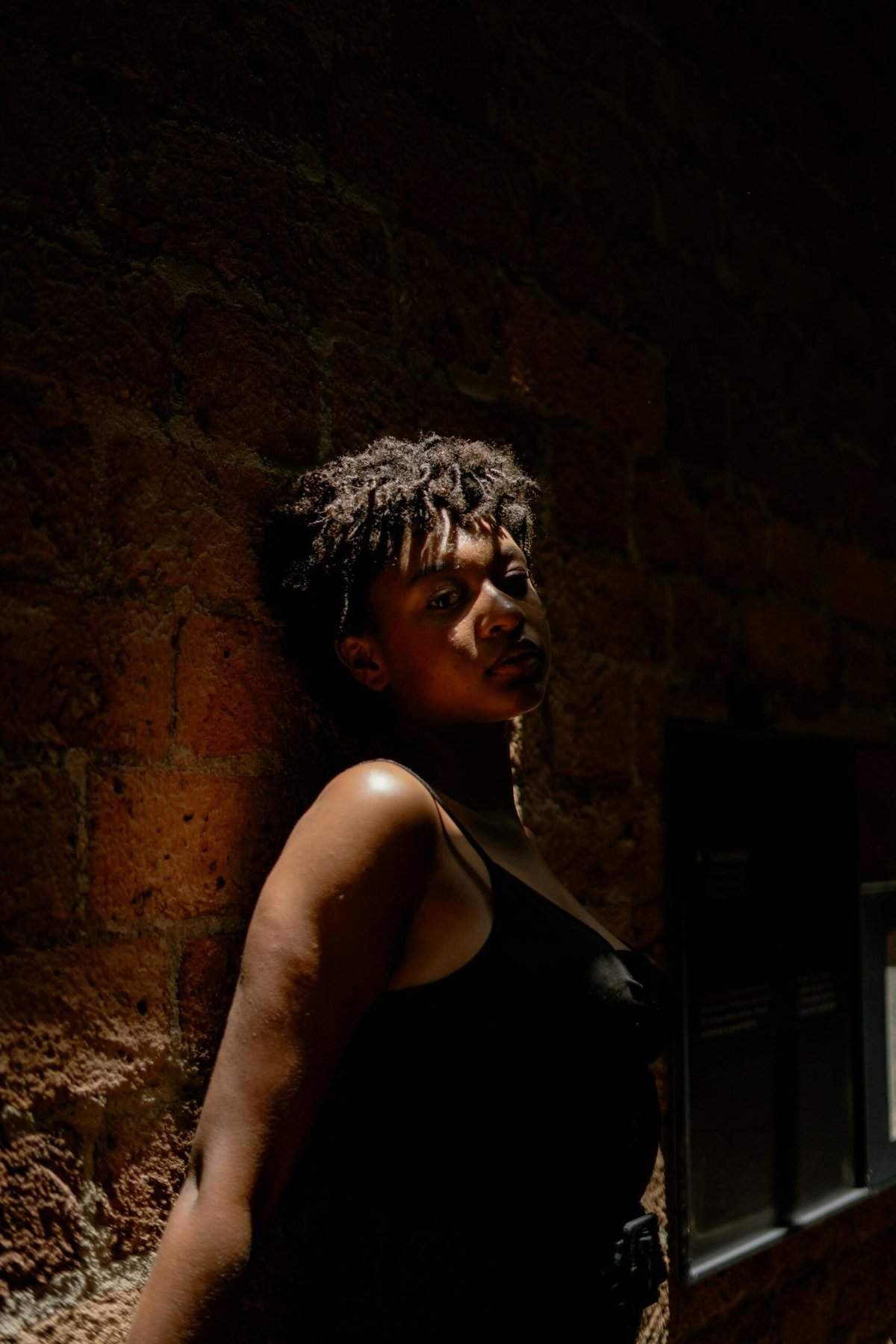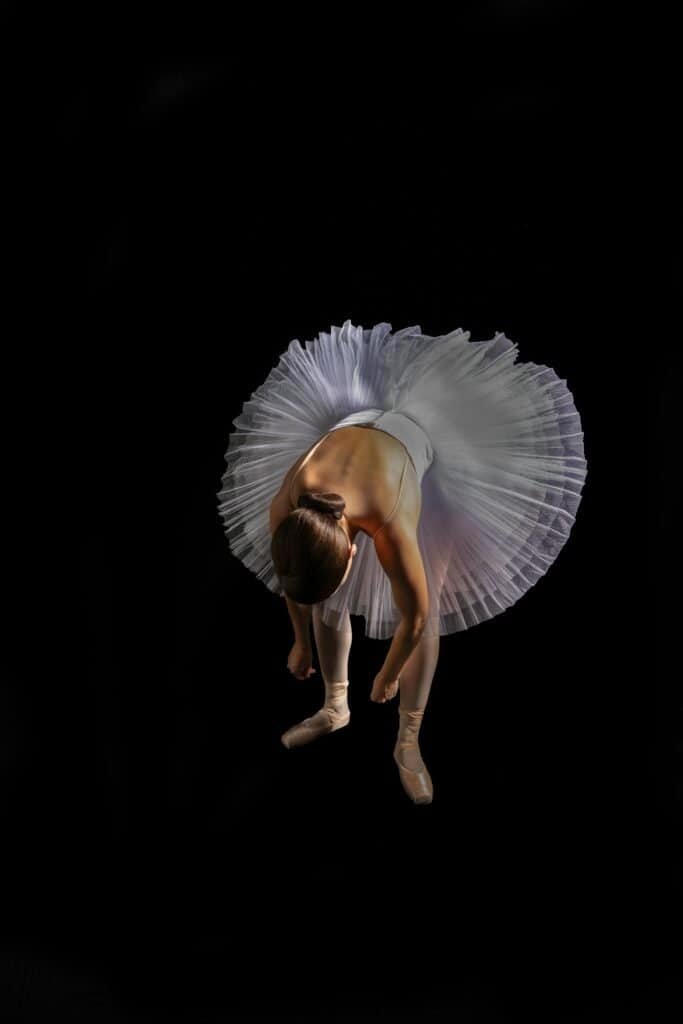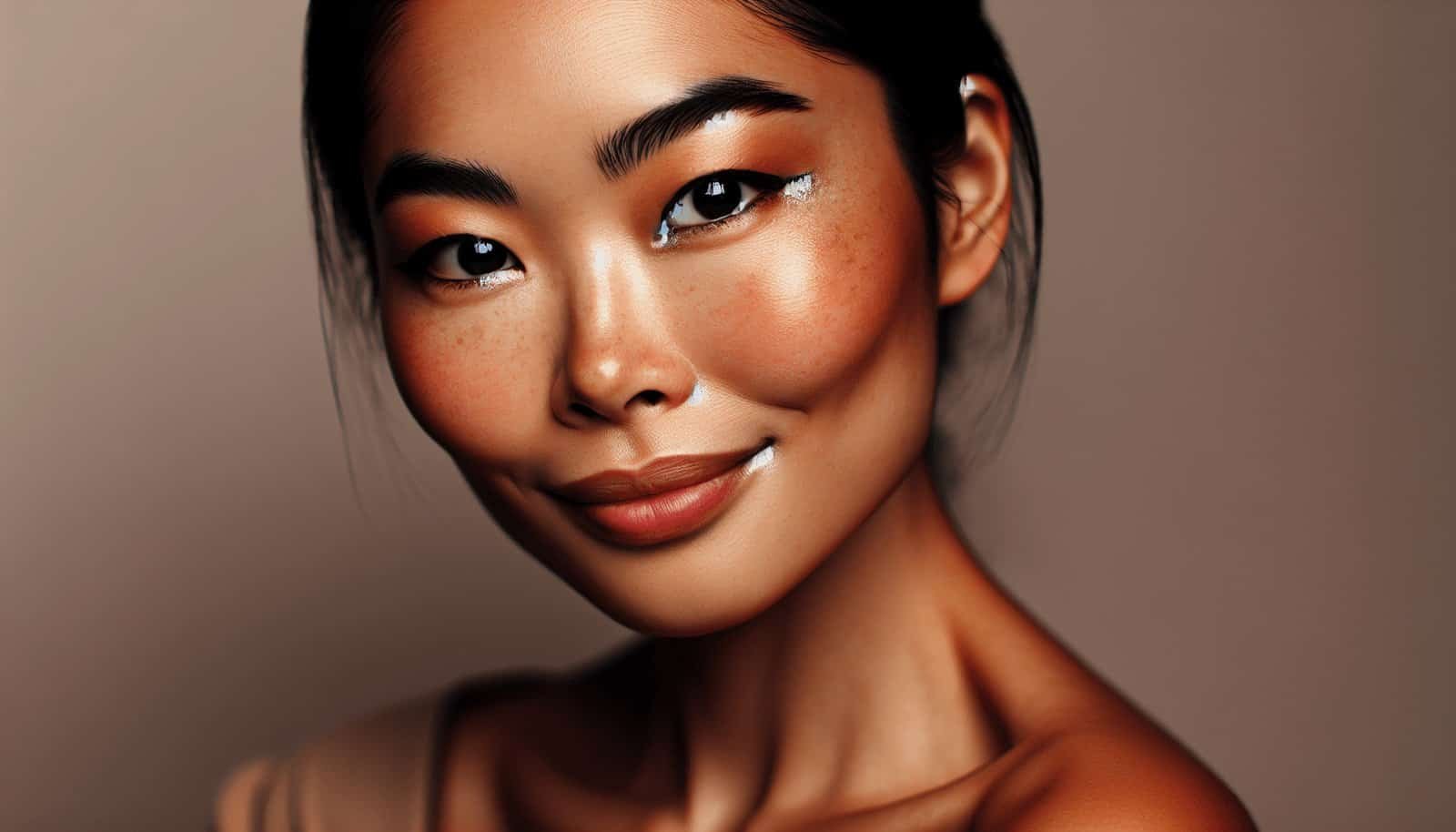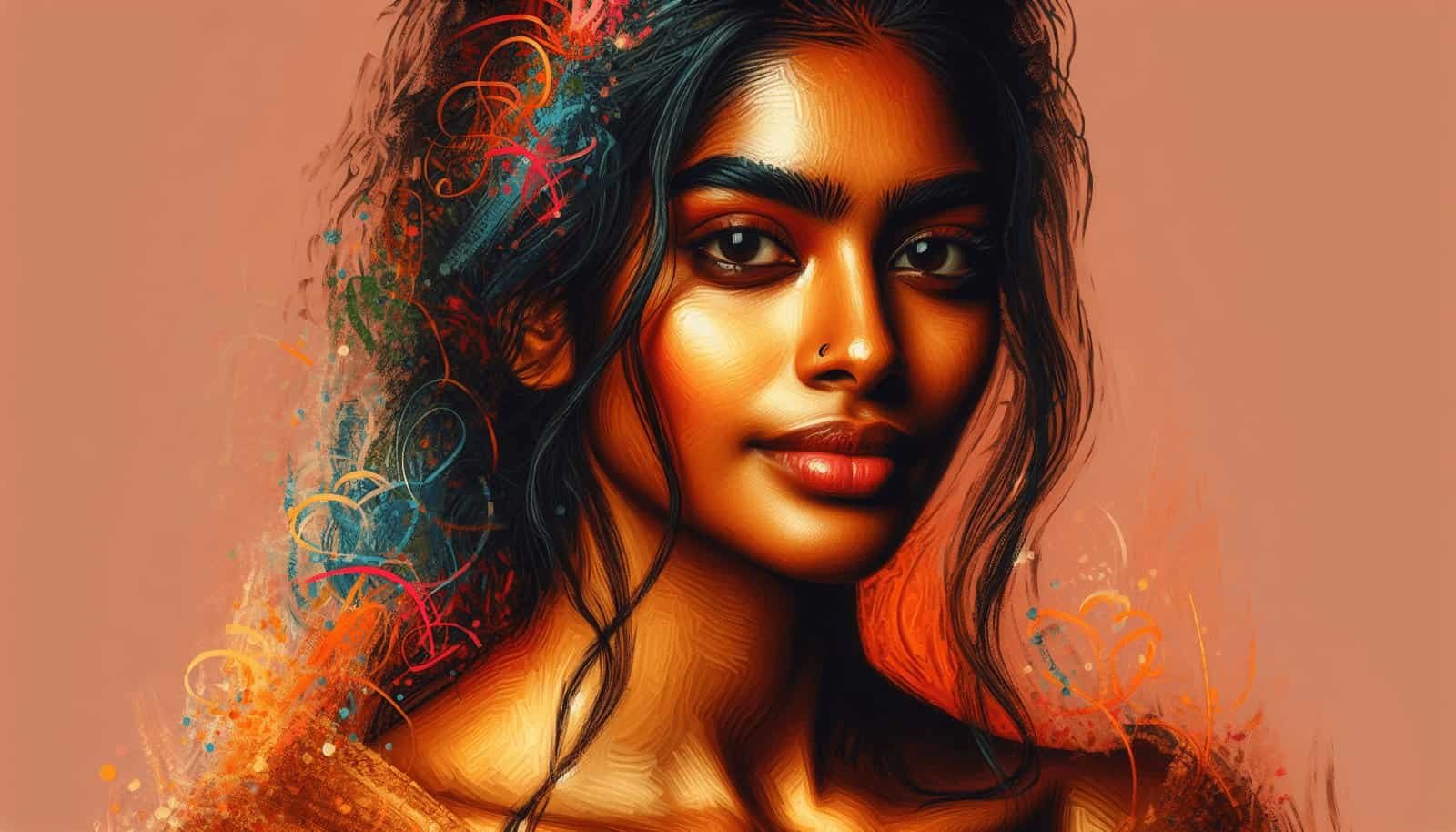Have you ever wondered why the pressure to look a certain way tends to amplify during splashy events like Paris Fashion Week? The conversations about beauty standards and self-acceptance aren’t new, yet they remain crucial, especially when celebrities like Paris Jackson push back against the critics who try to police their appearances. Whether it’s a daring makeup change or going entirely makeup-free, these choices have become subjects of public discourse, sparking debates on authenticity and beauty.

The Incident: Paris Jackson’s Rebuttal
Paris Jackson, daughter of the legendary Michael Jackson, recently found herself in the midst of a social media storm. After posting a selfie without makeup, she faced harsh criticism with some calling her appearance “haggard.” Rather than letting these comments slide, Paris took it upon herself to respond publicly. With her trademark candidness, she retorted, “Just young and haggard. Thank you very much.” This response wasn’t just a clap back—it became a statement of self-ownership and confidence against societal beauty constraints.
The Power of the Makeup-Free Movement
Celebrities frequently navigate a labyrinth of public and private expectations regarding their looks. The movement towards makeup-free appearances in public feeds into a larger narrative about self-acceptance and authenticity. It’s more than just a trend; it’s a significant reminder that beauty is subjective and everyone has the autonomy to express themselves as they see fit.
Why Celebrities Going Makeup-Free Matters
When a public figure like Paris Jackson chooses to forego makeup, it carries a meaningful message that can inspire individuals to embrace their natural features. This movement promotes the idea that makeup should be an option rather than an obligation—a way to enhance rather than define one’s beauty. The choice to go makeup-free is increasingly becoming a reflection of personal freedom and authenticity.
The Importance of Self-Acceptance in the Spotlight
The critique Paris Jackson faced opens up a broader discussion about self-acceptance in the spotlight. Celebrities often find themselves subject to impossible beauty standards and are consistently scrutinized every time they don’t fit the mold. But when personalities like Paris Jackson, Ariana Grande, and Pamela Anderson challenge these standards, they shift the conversation, allowing for more inclusive and realistic views on beauty.
Pamela Anderson’s Personal Beauty Philosophy
Another figure making a statement in the realm of self-acceptance is Pamela Anderson, who has openly discussed her choice to embrace a more natural look beyond Paris Fashion Week. Her philosophy is rooted in the belief that self-dressing and self-grooming should align with personal desires rather than societal expectations. It’s a radical yet refreshingly personal approach that defies long-standing beauty norms.
Empowerment Through Authenticity
The unapologetic decision to self-present in whatever manner you choose translates to empowerment. Famous and ordinary individuals alike draw strength from this authenticity, often finding it liberating to defy societal pressures. In doing so, they encourage others to reflect on their perceptions of beauty, potentially forging a path toward a more tolerant society.

Social Media: The Double-Edged Sword
Social media has revolutionized the way beauty is perceived and critiqued. It’s a platform where individuals can share their most polished looks or most vulnerable states. However, it is also where harsh comments can proliferate, posing challenges to mental health and self-esteem.
The Pressure of Perfection
While a makeup-free selfie might seem trivial to some, it holds significance in its challenge to the status quo. Social media often sets an unrealistic standard of perfection that users struggle to attain, leading to anxiety and negative self-esteem. Prominent figures pushing against these expectations can help resonate with those struggling with their own self-image.
The Role of Online Communities
The rise in online communities that foster positivity and self-love is commendable. These communities provide support and validation, encouraging users to share their true selves fearlessly. They create spaces where individuals can celebrate their unique features and build confidence away from external judgment.
Changing the Beauty Narrative
The dialogue about beauty and its standards is shifting thanks to the efforts and influence of individuals like Paris Jackson. New definitions of beauty focus on acceptance of unique traits and the idea that imperfections are not only accepted but celebrated.
Celebrities Leading the Way
Celebrities carry considerable influence in public discourse regarding beauty. When they demonstrate courage in confronting unrealistic standards, they contribute significantly to changing the narrative. Their willingness to appear without the safety of makeup can inspire several others who face criticism for not conforming to conventional beauty standards.
The Future of Beauty Standards
The evolution of beauty standards appears to be heading toward a more inclusive future. As more people give importance to what lies beneath the makeup, there’s an opportunity to reshape how society views aesthetics. A collective embrace of personal authenticity, rather than forced perfection, might lead to a healthier societal outlook.

The Confidence to Be True
Ultimately, the narrative around Paris Jackson’s clap back to haters is about more than a single comment. It’s a part of a broader effort to establish the belief that beauty is not monolithic. This event sheds light on the power of personal confidence and targeting societal molds with bold individuality.
Celebrating Diversity in All Forms
Embracing a multitude of faces and styles is crucial in celebrating the diversity of beauty. When individuals like Paris Jackson lean into their natural appearance, they promote a culture where varied expressions of beauty are not only accepted but celebrated. Diversity in beauty is essential for an interconnected, multicultural world.
Personal Empowerment through Self-Expression
In a society that often prioritizes a narrow view of beauty, self-expression becomes a tool for empowerment. Owning how you appear in both digital and physical spaces empowers you and encourages others to follow suit. The freedom to ignore stereotypical judgment and be true to yourself is, indeed, empowering.
Concluding Thoughts
The conversation around Paris Jackson’s makeup-free selfie and her response to criticism highlights the ongoing confrontation with beauty standards. It reflects a broader cultural shift towards self-acceptance, challenging norms, and forging a more inclusive understanding of beauty. Whether through subtle changes or significant departures from norms, every individual has the potential to redefine beauty on their terms. Embrace your version of beauty, and remember that authenticity will always remain timeless.


